Bihar’s voter purge crisis; A defining moment for Indian democracy
- Adv. Avanishkumar Y
- Sep 19, 2025
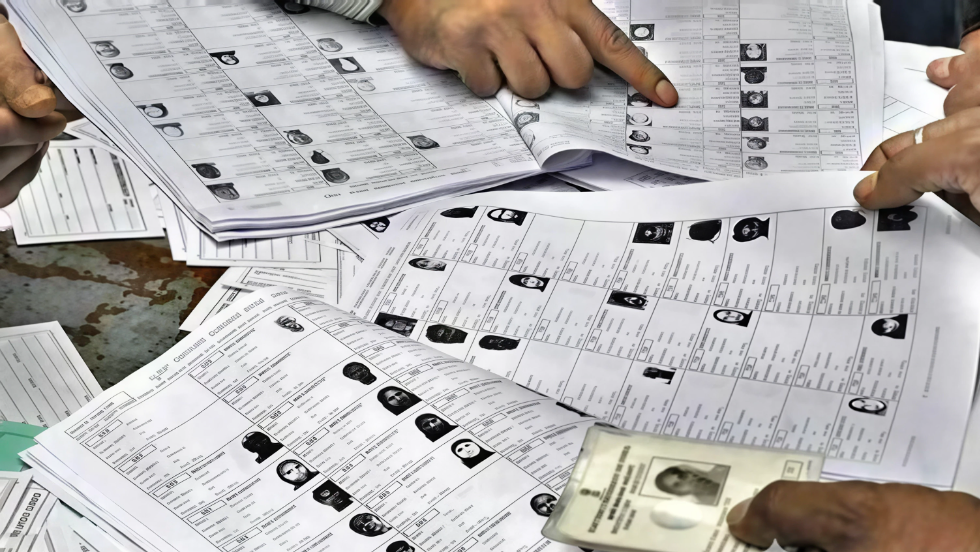
Polling agents checking electoral rolls ahead of voting
In the vast stage of Indian democracy, few events have matched the intensity of the current turmoil in Bihar, where the ballot box has turned into a battleground of constitutional debate. What began as a routine “Special Intensive Revision” of voter rolls by the Election Commission has now escalated into one of the most significant electoral disputes since Independence. Like a gripping thriller, the episode features a determined academic challenging powerful institutions, the Supreme Court stepping in with its constitutional authority, and millions of citizens caught between the promise of democratic participation and the threat of bureaucratic exclusion.
At the heart of this storm lies an alarming statistic: 6.5 million voters removed from Bihar’s rolls, a number that defies demographic logic. With the state’s voter base expected to grow naturally by around 2.9 million, this massive deletion, including over half being women and millions of migrants, points to a process gone badly wrong. Scholar-activist Yogendra Yadav has emerged as a strong voice, exposing errors so glaring they border on absurdity: living voters marked as dead, centenarians registered as new voters, and booth-level officers allegedly fabricating forms. His evidence, upheld by the Supreme Court, highlights a troubling reality: the system designed to protect democratic participation may instead be undermining it.
The Election Commission, led by Chief Election Commissioner Gyanesh Kumar, has defended the purge as a necessary cleanup of so-called ghost voters, pointing to rare cases of foreign nationals from neighboring countries being on the rolls. But this explanation falters under scrutiny. If the problem lies with a handful of ineligible names, why use a sledgehammer that risks disenfranchising millions of legitimate citizens? The Commission’s initial refusal to accept Aadhaar, despite it being a near-universal ID, and its contradictory statements on procedural norms only deepen doubts about its handling of the process.
This editorial does not dispute the need for clean voter lists, as fraudulent entries weaken democracy’s credibility. But the current approach, which shifts the burden of proof onto citizens and especially the most vulnerable, undermines India’s long-standing ethos of inclusive enfranchisement. Women, who already face barriers to documentation, and migrants scattered across India’s cities, are hit hardest. The deletion of 3.5 million “permanently shifted” voters, many without prior notice, and the disproportionate removal of female voters, more than 3.2 million, reveal a structural bias that a healthy democracy cannot afford to ignore.
The state's demographic reality, with OBCs and EBCs comprising 63% of the population has been the foundation of its post-1990 political transformation. The rise of leaders like Lalu Prasad Yadav and Nitish Kumar represented not just political change but social revolution, as previously marginalized castes claimed political space proportionate to their numbers. Any systematic exclusion of voters in such a context inevitably carries political implications that transcend mere administrative efficiency.
The Supreme Court’s intervention offers a glimmer of hope. Its insistence on accepting Aadhaar and mandating transparent, accessible lists of deleted voters shows a commitment to fairness. Justice Surya Kant’s warning that this verdict will reshape electoral practices nationwide underscores the stakes. A ruling against the process could restore millions of voters, while endorsing it may embolden restrictive practices across the country. The court’s praise for Yadav’s advocacy, affirming that even ordinary citizens can challenge institutional overreach, serves as a powerful reminder of democracy’s resilience.
Yet, the crisis reveals deeper fault lines. The blending of voter verification with immigration control risks turning electoral rolls into tools of exclusion, a dangerous precedent in a country where mobility and informality shape the lives of millions. Opposition cries of “vote theft” and demands for a complete overhaul reflect growing public unease, especially after the Commission dismissed nearly nine million complaints. On top of this, floods and tight deadlines have compounded the chaos, leaving many citizens unable to reclaim their right to vote.
Bihar’s ballot box, once a symbol of empowerment, has now become a battlefield. The issue is not only about numbers but about philosophy. Should democracy prioritize inclusion, even at the cost of small errors, or chase unattainable purity at the cost of mass disenfranchisement? The Supreme Court’s ruling will not only decide the fate of Bihar’s voters but also set a precedent for how India balances this tension in an era of growing skepticism toward institutions.
As we await the verdict, one truth stands out clearly: democracy survives not on bureaucratic perfection but on trust. The Election Commission must rebuild that trust by prioritizing transparency, accessibility, and inclusion. Bihar’s crisis is a wake-up call, a chance to reaffirm that every citizen’s voice, from the migrant laborer to the village matriarch, is the heartbeat of India’s republic. The nation is watching, and history will render its judgment.



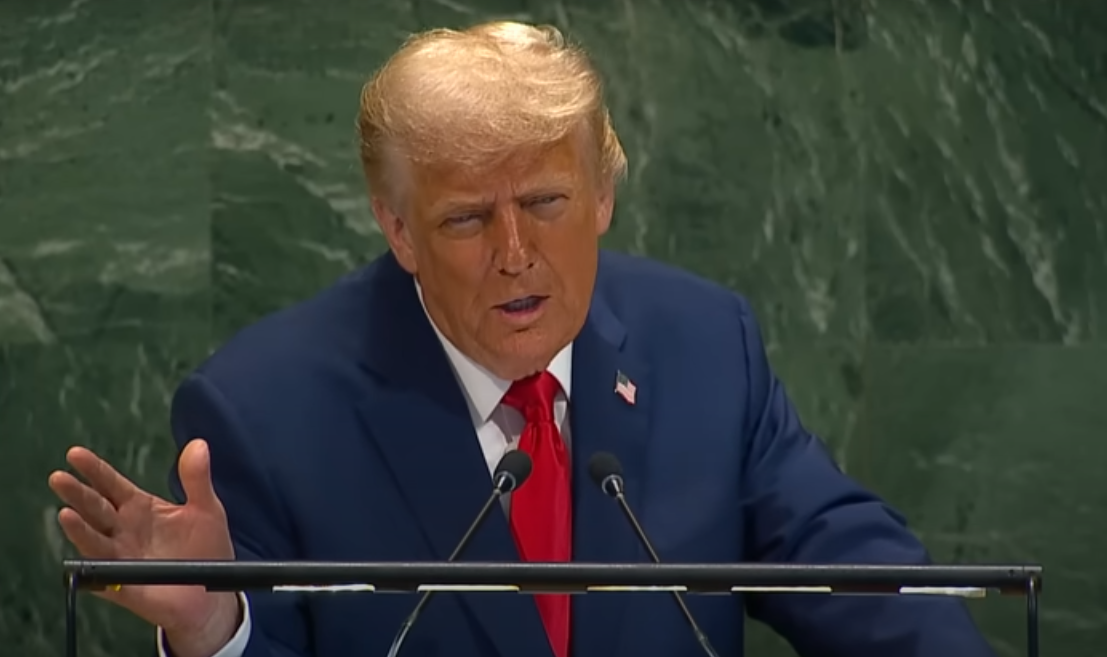
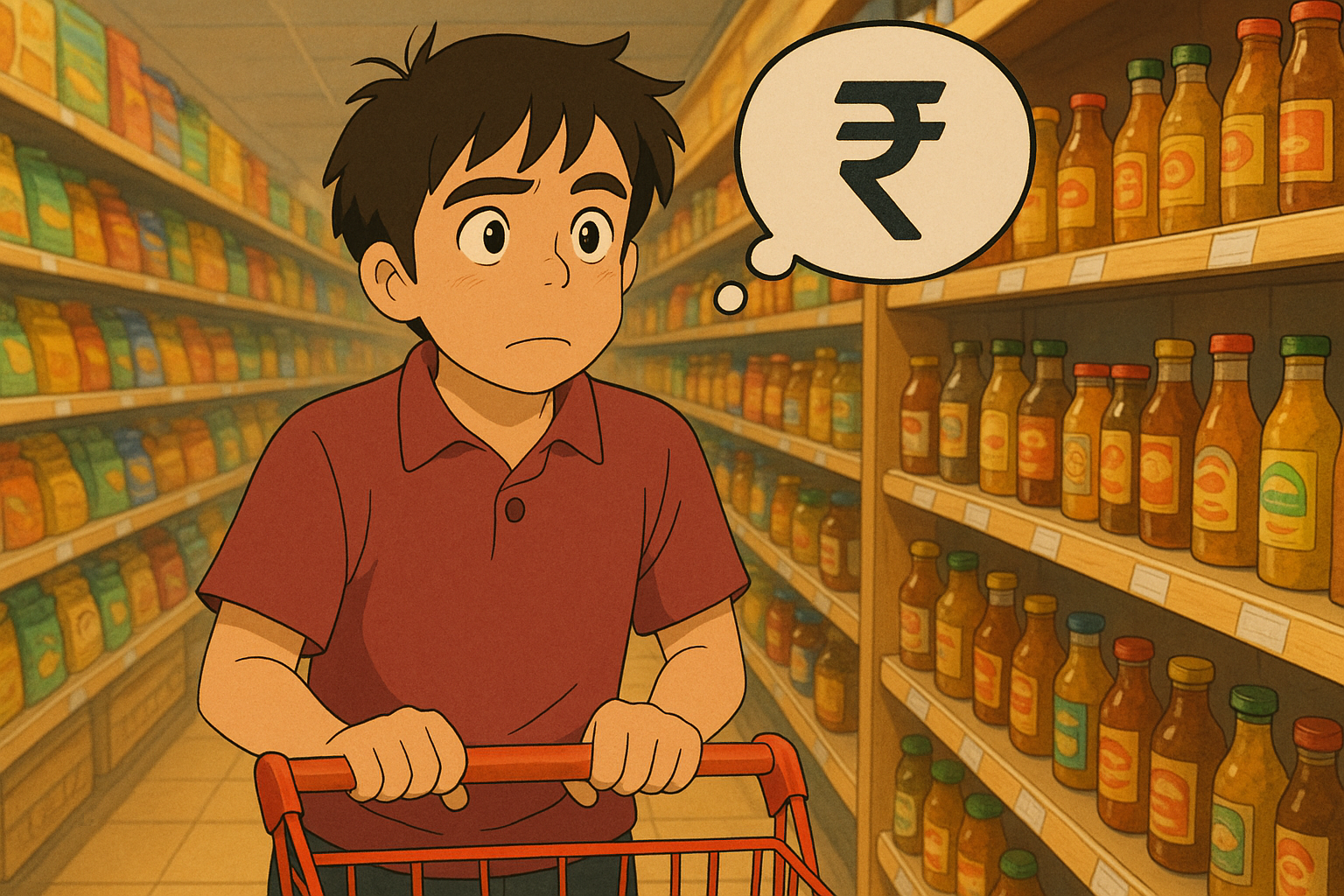
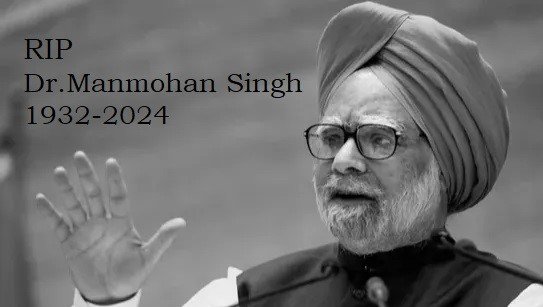
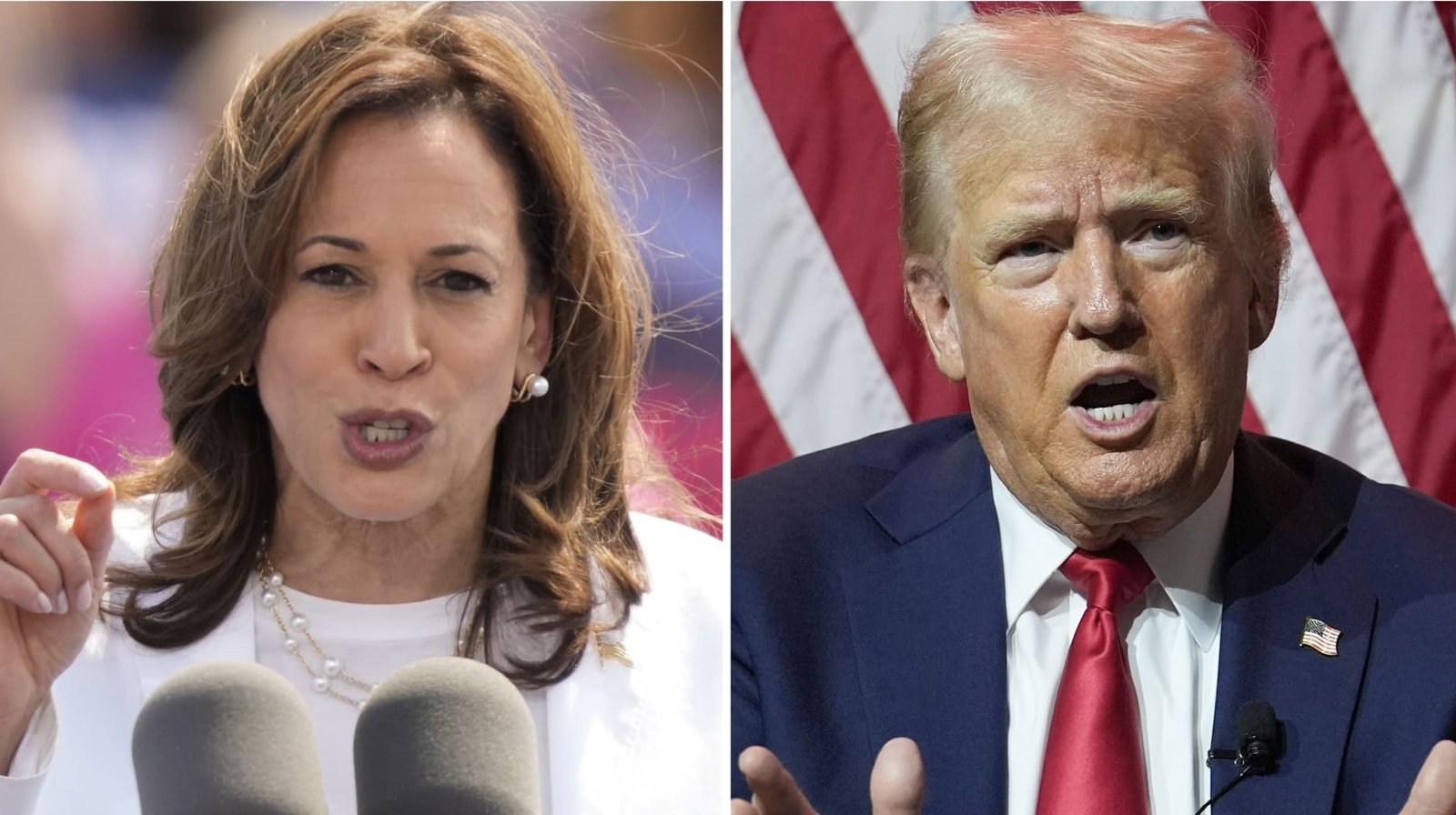
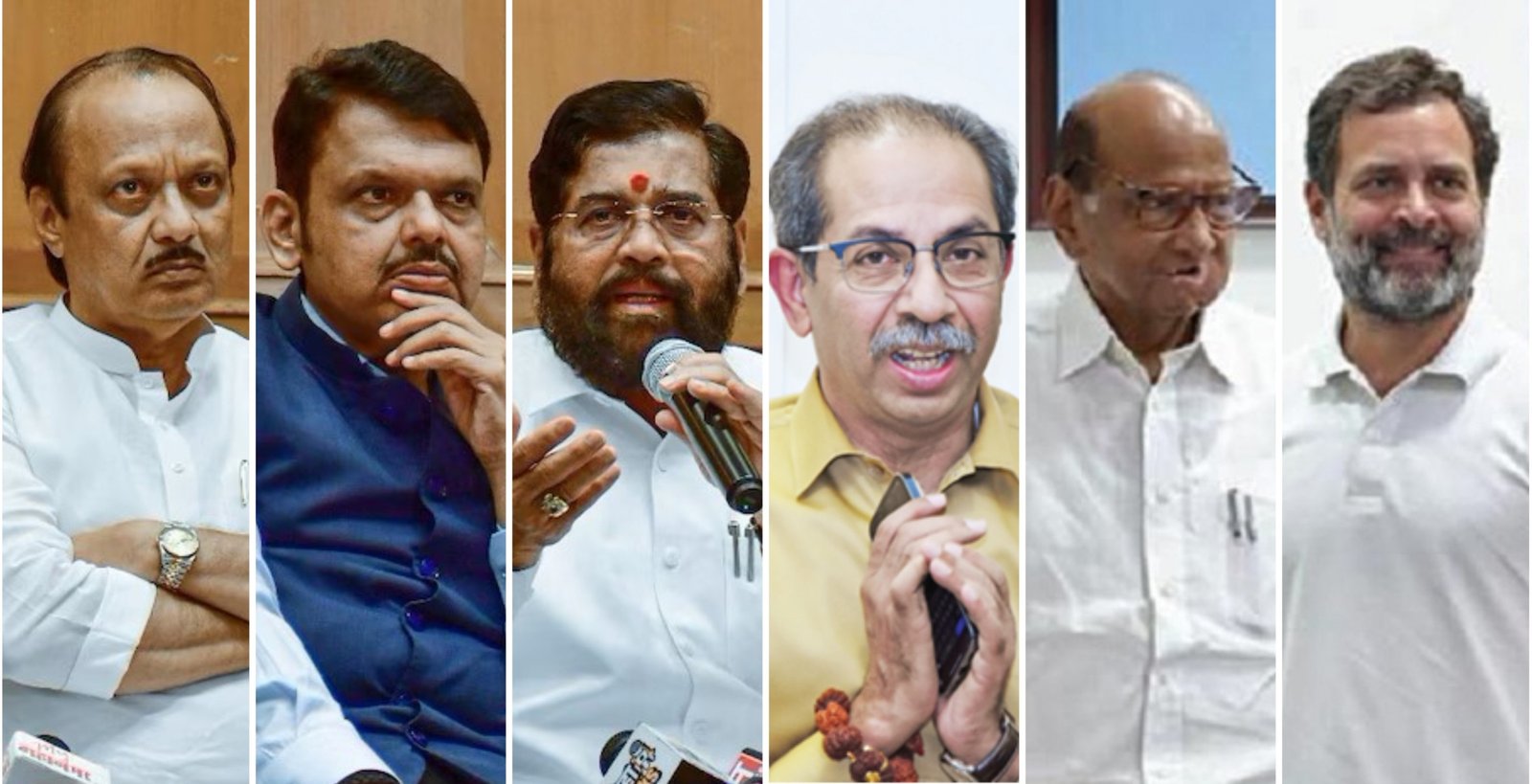
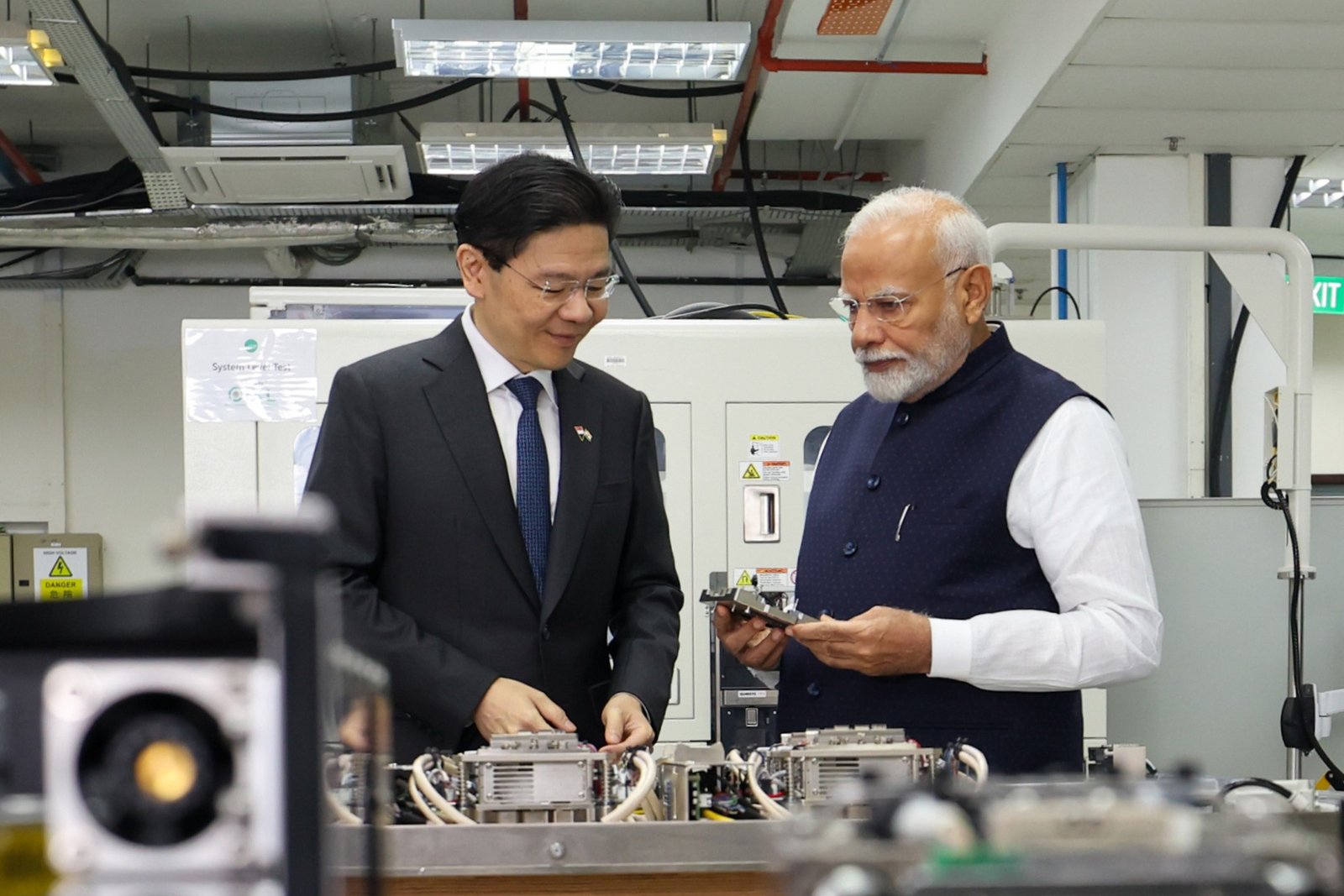
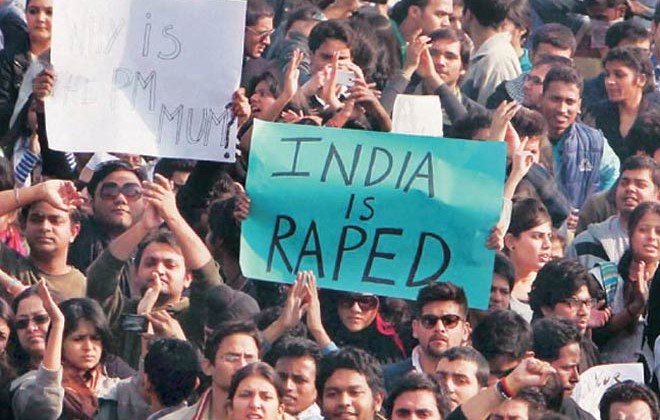
Reporter
Avanishkumar Y is our Consulting Editor. An accomplished corporate counsel, he brings extensive and diverse experience and is a leading columnist on corporate and commercial law, legal systems, and intellectual property rights.
View Reporter News